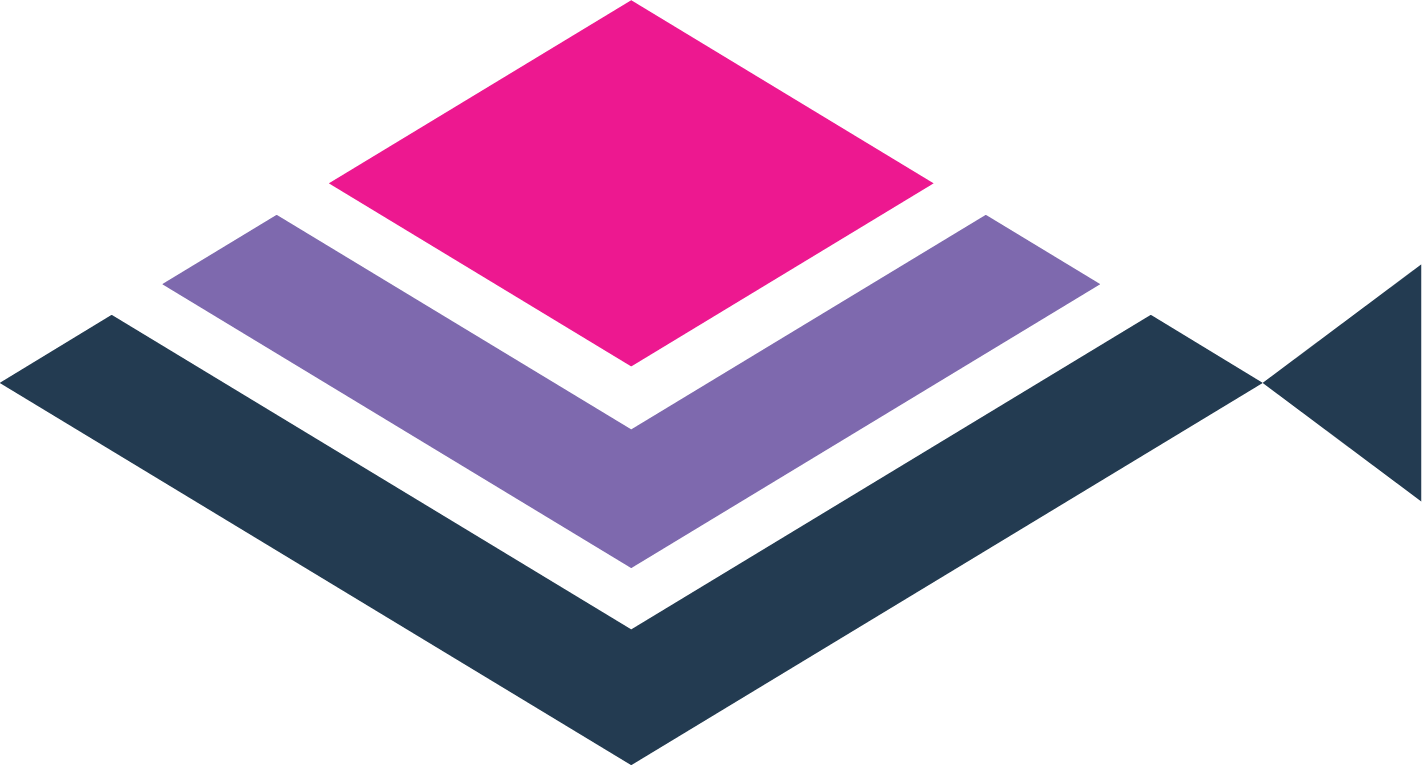Giotto Suite is a major upgrade to the Giotto package that provides tools to process, analyze and visualize spatial multi-omics data at all scales and multiple resolutions. The underlying framework is generalizable to virtually all current and emerging spatial technologies. Our Giotto Suite prototype pipeline is generally applicable on various different datasets, such as those created by state-of-the-art spatial technologies, including in situ hybridization, sequencing, and imaging-based multiplexing/proteomics. These technologies differ in terms of resolution (subcellular, single cell or multiple cells), spatial dimension (2D vs 3D), molecular modality (protein, RNA, DNA, …), and throughput (number of cells and analytes).
Installation
Local installation
To install Giotto suite, please see our installation page
Visit the Giotto Discussions page for more information.
Containers
If you prefer to skip the installation process, check the tutorials for using Giotto Suite with our Docker and Singularity containers.
Website Updates
Location change
This website (http://giottosuite.com) is for Giotto Suite v4.0 and greater. You can still find the previous website at https://giottosuite.readthedocs.io/en/latest/ (defunct)
Website description
- Get started: Here you can find more advanced information about the Giotto object, Giotto ecosystem, Giotto configuration, and installation FAQs.
- Documentation: Here you will find all Giotto functions grouped by their purpose (Helpers, Getters & Setters, Visualization, …)
- Examples: Here you can find end-to-end examples for different technologies and datasets.
- Tutorials: Here you can find various tutorials on working with Giotto (analysis, visualizations, working on the cloud, …)
- News: Here you can find the changelog for every Giotto release and video recordings from previous presentations.
- Contributing: Here you can find guidelines for submitting a pull-request, creating code following the Giotto style, creation of tutorials for the website, and more.
Giotto Workshop 2024
Take a look at our 3-day workshop recordings. The materials in bookdown format are available here
References
- Jiaji George Chen, Joselyn Cristina Chávez-Fuentes, et al. Giotto Suite: a multi-scale and technology-agnostic spatial multi-omics analysis ecosystem. bioRxiv (2023)
- Dries, R., Zhu, Q. et al. Giotto: a toolbox for integrative analysis and visualization of spatial expression data. Genome Biology (2021).
- Dries, R., Chen, J. et al. Advances in spatial transcriptomic data analysis. Genome Research (2021).
- Del Rossi, N., Chen, J. et al. Analyzing Spatial Transcriptomics Data Using Giotto. Current Protocols (2022).
Acknowledgements
This software project was supported in part by the Essential Open Source Software for Science (EOSS) program at Chan Zuckerberg Initiative.

